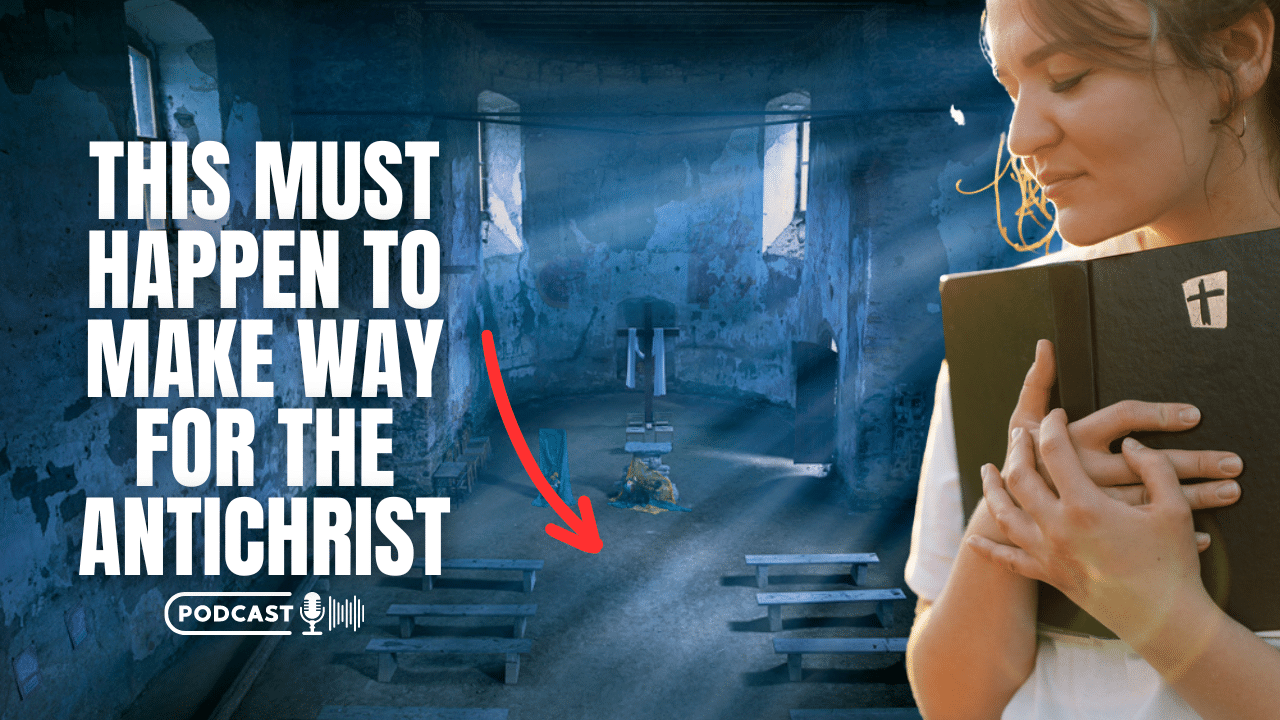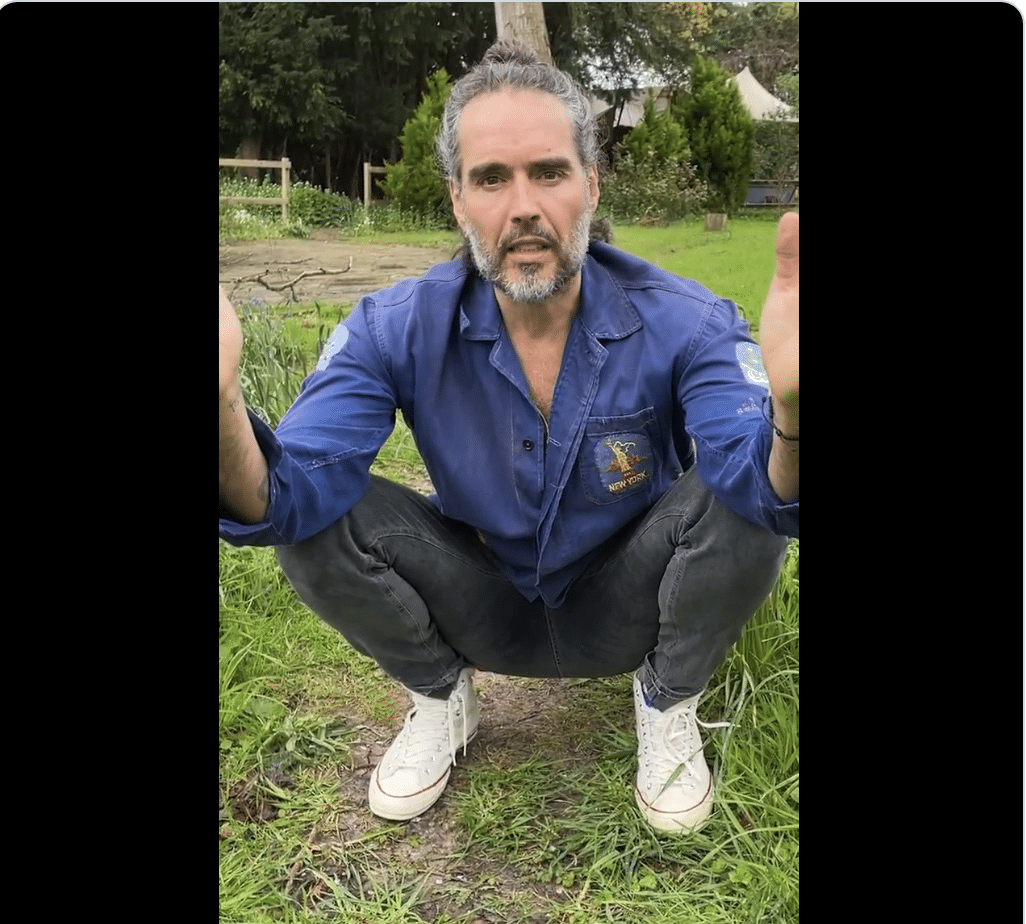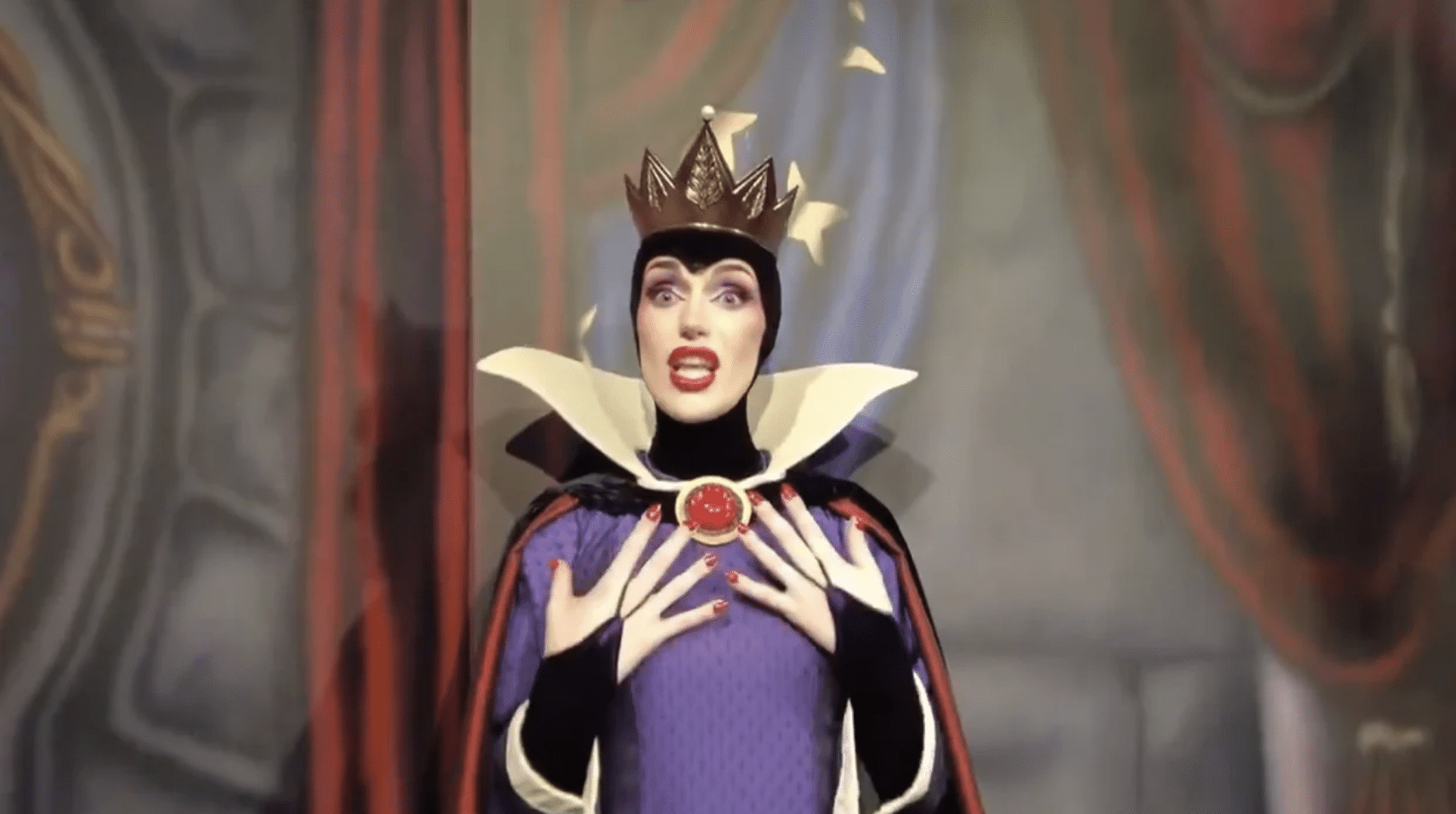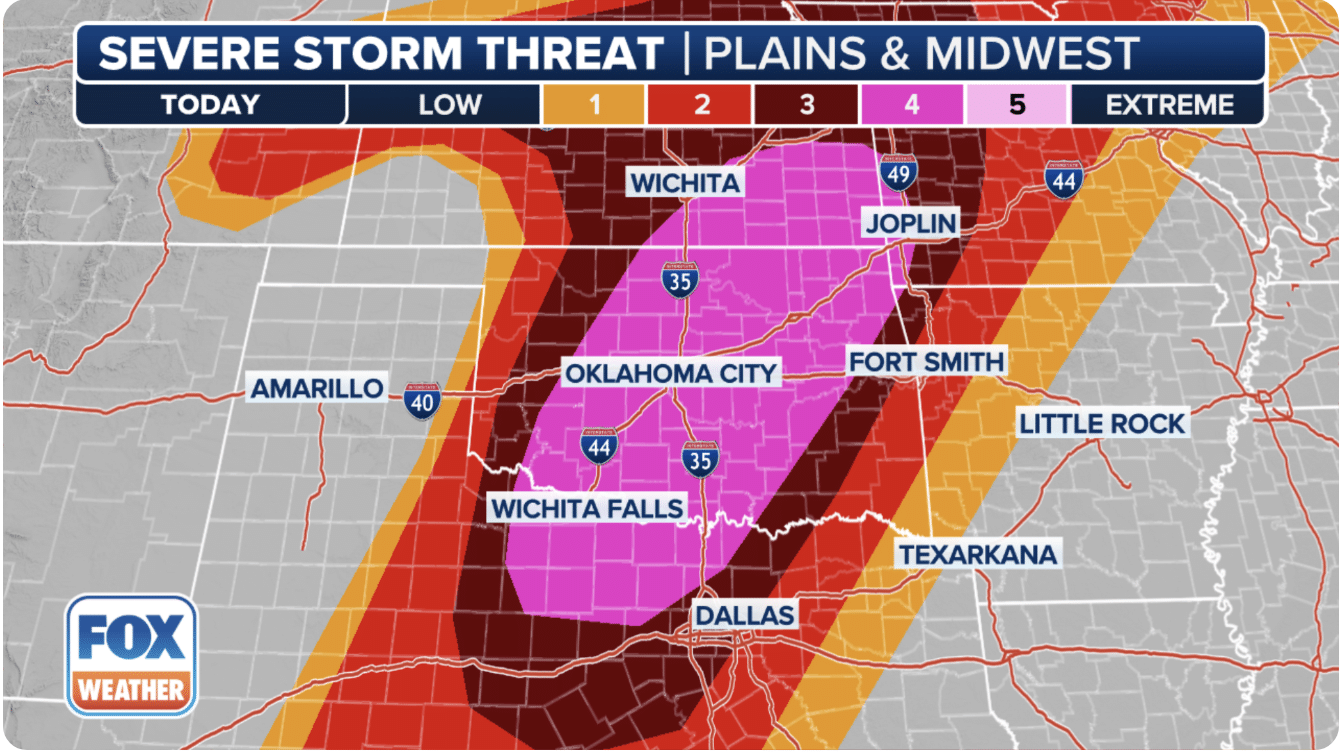Rioting across France appeared to be less intense on Saturday, as tens of thousands of police had been deployed in cities across the country after the funeral of a teenager of North African descent, whose shooting by police sparked nationwide unrest.
President Emmanuel Macron postponed a state visit to Germany that was due to begin on Sunday to handle the worst crisis for his leadership since the “Yellow Vest” protests paralyzed much of France in late 2018.
According to Yahoo News, Some 45,000 police were on the streets with specialized elite units, armored vehicles, and helicopters brought in to reinforce its three largest cities, Paris, Lyon, and Marseille.
At 0145 (2345 GMT) Sunday morning, the situation was calmer than the previous four nights, although there was some tension in central Paris and sporadic clashes in the Mediterranean cities of Marseille, Nice, and the eastern city of Strasbourg.
The biggest flashpoint was in Marseille where police fired tear gas and fought street battles with youths around the city centre late into the night.
In Paris, police increased security at the city’s landmark Champs Elysees Avenue after a call on social media to gather there. The street, usually packed with tourists, was lined with security forces carrying out spot checks. Shop facades were boarded up to prevent potential damage and pillaging.
The interior ministry said 1,311 people had been arrested on Friday night, compared with 875 the previous night, although it described the violence as “lower in intensity”. Police said almost 200 people had been arrested nationwide on Saturday.
Local authorities all over the country announced bans on demonstrations, ordered public transport to stop running in the evening and some imposed overnight curfews.
According to DNYUZ, French police said they were “at war” with “savage hordes of vermin” on Friday night as France was rocked by violent waves of riots and looting and about 1,000 more people were arrested.
Two of the country’s top police unions threatened a revolt unless Emmanuel Macron’s government restored order after protests broke out over an officer’s shooting of a teenager outside Paris.
“Today the police are in combat because we are at war. Tomorrow we will enter resistance and the government should be aware of this,” they said.
It came as British travelers were warned about the risk of curfews and travel restrictions due to the spiraling upheaval and vandalism around France.
A domestic intelligence note seen by Le Monde has warned riots could become increasingly “widespread” and go on for “the coming nights”.
The French government announced on Friday that all major public gatherings that could “pose a risk to public order” would be banned. Various rock concerts have been pulled. Some 45,000 police were deployed.
The Interior Ministry said 994 arrests were made during Friday night, with more than 2,500 fires. The night before, 917 people were arrested nationwide, 500 buildings targeted, 2,000 vehicles burned and dozens of stores ransacked.
While the number of overnight arrests was the highest yet, there were fewer fires, cars burned and police stations attacked around France than the previous night, according to the Interior Ministry. Gerald Darmanin, France’s interior minister, claimed the violence was of “much less intensity”.
Hundreds of police and firefighters have been injured, including 79 overnight, but authorities have not released injury tallies for protesters.
Protests have continued into a fourth night, with rioters in Paris on Saturday night setting fire to a bus and clashing with police. Unrest has also spread to Lyon and Grenoble.
Meanwhile, security will be beefed up during the upcoming Tour de France bike race, which is due to start in Spain on Saturday.
Mr. Macron faced intense pressure on Friday to impose a state of emergency as he called on parents to keep their children at home and blamed video games for “intoxicated” young protesters.
In updated travel advice, the Foreign Office said: “Locations and timing of riots are unpredictable. You should monitor the media, and avoid areas where riots are taking place.”
Minutes later, Mr. Darmanin announced that “all buses and tramways” would cease to operate after 9 pm in France. Curfews have so far been imposed in the towns of Clamart, Compiègne, and Neuilly-sur-Marne.


















